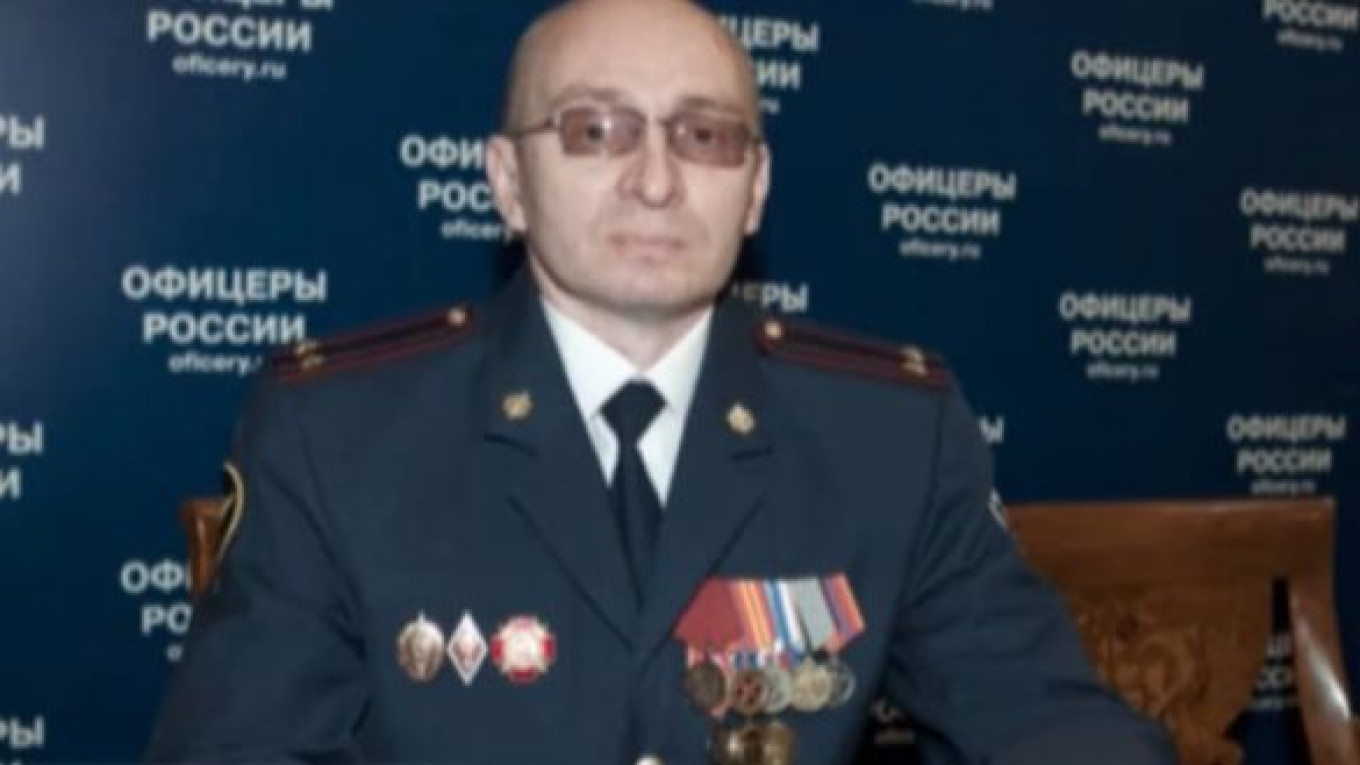A prison official on trial for negligence in the case of Sergei Magnitsky, the anti-corruption lawyer, has claimed the whistle-blower's death in custody was caused by "extreme stress."
Dmitry Kratov, former deputy head of the Butyrka prison, said Magnitsky had needed neither serious operations, hospitalization, nor any other special attention during his time in detention in an interview with the Moskovsky Komsomolets newspaper published Friday.
Magnitsky, who had accused officials of massive tax fraud, had written to the authorities protesting about denial of medical care and cruel and degrading treatment. The lawyer died in jail aged 37 in November 2009.
Kratov denied allegations of medical neglect. He said that although Magnitsky showed no need for hospitalization, he had sent the lawyer to a special therapeutic unit in the jail in October 2009, where he spent 39 days.
"I know that Magnitsky did not even have pancreatis. It was cholecystitis [gall stones]. But Magnitsky did not die from this. Magnitsky died from congestive heart failure," he said. "This can be provoked by extreme stress. And this has been confirmed by serious professionals."
Kratov appeared at Tverskoi Court on Friday charged with failing to fulfill his duties in relation to the death of Magnitsky.
A lawyer representing Magnitsky's family told journalists that Kratov should be on trial for murder, rather than negligence, Interfax reported. Murder charges carry a maximum sentence of 15 years' imprisonment, whereas the maximum for negligence is five years.
At Friday's preliminary hearing, the court turned down the family's application to return the case to prosecutors to consider a murder charge.
A report by the Kremlin's human rights council published in July 2011 found that Magnitsky had been "completely deprived of medical help" before his death, with evidence suggesting he had died as a result of a beating.
The findings prompted then-President Dmitry Medvedev to describe the lawyer's death as "probably criminal."
A Message from The Moscow Times:
Dear readers,
We are facing unprecedented challenges. Russia's Prosecutor General's Office has designated The Moscow Times as an "undesirable" organization, criminalizing our work and putting our staff at risk of prosecution. This follows our earlier unjust labeling as a "foreign agent."
These actions are direct attempts to silence independent journalism in Russia. The authorities claim our work "discredits the decisions of the Russian leadership." We see things differently: we strive to provide accurate, unbiased reporting on Russia.
We, the journalists of The Moscow Times, refuse to be silenced. But to continue our work, we need your help.
Your support, no matter how small, makes a world of difference. If you can, please support us monthly starting from just $2. It's quick to set up, and every contribution makes a significant impact.
By supporting The Moscow Times, you're defending open, independent journalism in the face of repression. Thank you for standing with us.
Remind me later.


